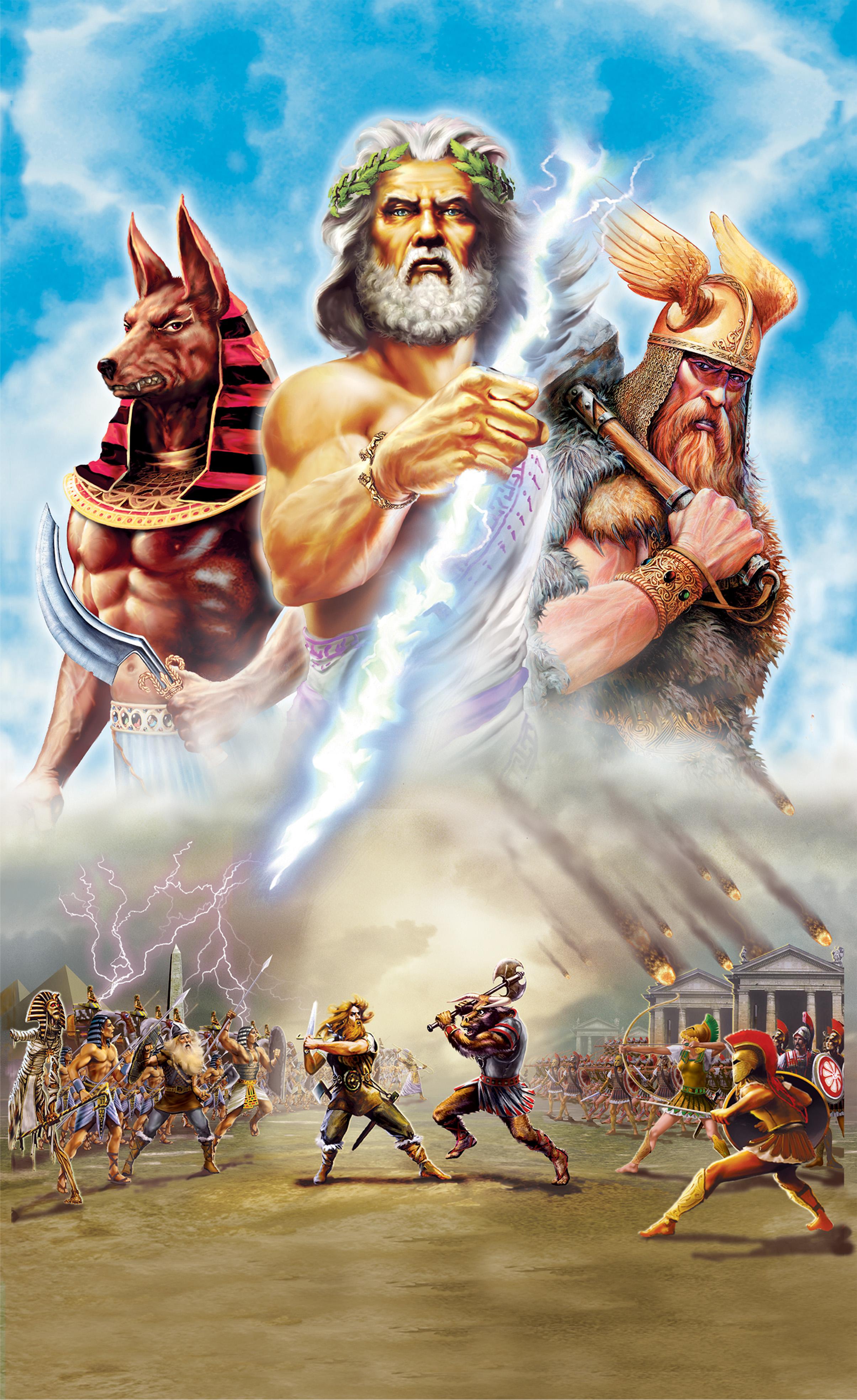idk makes sense to me that different people have different gods and have their own ways of living and seeing the world. i don't really try to create a unified concept beyond like mutual tolerance and co-existance. creating universal avatars is kinda fun from a magic the gathering-like perspective, but idk what kind of spiritual value it has.
paganism
Hop in , we're getting witchy!
-
Please tag nsfw any picture containing bones, sigils, blood, and add a CW
-
Please be respectful of all traditions, this means not culturally appropriating as well as engaging in discussions of faith in ... good faith.
-
Please do not perform any spell or ritual on another member without their consent.
-
Please keep entheogenic (drug use in spell/ritual/meditation) discussions to the experiences one has not the explicit means by which you obtained the entheogen.
-
Nazi pagans fuck off
My experiences with paganism and pagans over the decades has been that mostly gods and goddesses are not usually taken literally but as ways to connect with various aspects of nature or representative of internal psychological states and chosen by people for reasons of personal affinity. The deities may come from actual religions that existed in the past and were worshipped in particular ways but the majority of pagans I have interacted with take a much more abstract syncretic approach. Individual deities that share the same or similar functions are taken as different names for the same thing (more or less). The basic idea of syncretism is also quite old and the modern monotheistic approach of "my god is the only right one/one that is real" is relatively rare in the ancient world; first making an appearance in 18th dynasty Egypt under Akhenaten if I'm remembering correctly. The Romans for example never really tried to obliterate native religions of the places they conquered and often imported foreign deities. Notable exceptions for those religions that practiced human sacrifice, which were persecuted quite heavily (side discussion on their own hypocrisy isn't really relevant to your question though). Obviously there are bound to be those in the modern pagan movement that "believe", but I honestly haven't met many literalist pagans. BeamBrain's friend's take is the closest thing I've seen to that with any frequency.
Not Pagan myself, but I have a Pagan friend, and his view is that all deities are aspects of a single greater deity, filtered through the limits of culture and human perception. In this framework, Thor, Zeus, &c. are all interpretations of different facets of a deeper, underlying "thunder god," which in itself is merely one manifestation of an even greater, all-encompassing god that no human being could ever come close to fully understanding.
I'm mostly in agreement with BeamBrain, but I'm coming at it from a completely different angle.
Above all, one's beliefs ought be flexible. Why can't a multitude of beings all share the same job? Who says Thor is responsible for all lightning? Isn't it kind of weird not to make space for other people's beliefs among your own?
To make parallels, there are sections of the Torah that are pretty explicit about there being gods other than YHWH. It's just that YHWH is the god Abraham's people made a covenant with. Granted, it's absolutely not the best example of making space for other people's beliefs, considering what YHWH tells his followers to do to those who didn't make the covenant. The underlying point stands: Taranis, Thor, Zeus, and Raijin are equally real. It's up to you to find which one's right for you.
Or maybe none of the above. I chose a giant snake I saw in a dream once.
I can't look at that image without hearing "We surrender... move a little closer!" in my head.
